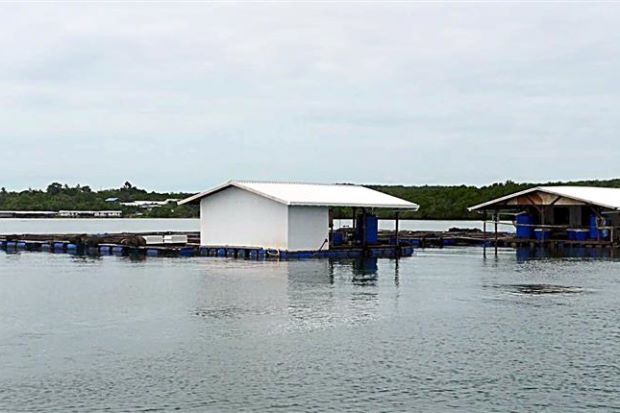LAHAD DATU, Sabah—The seemingly endless cross-border kidnappings in Sabah’s east coast have raised the specter of corruption among law enforcement agencies.
There is a growing concern among the elite of Sabah’s security forces that cross-border criminals could have bribed some of the frontliners to look the other way.
Malaysian Defense Minister Hishammuddin Tun Hussein himself admitted recently that corruption and leakages were among the causes for repeated foreign intrusions into Sabah.
“Investigations have shown that Sabah’s security breach has been affected by corruption and leaking of vital information by irresponsible parties,” he was quoted as saying.
Sabah east coast folks speak freely about smugglers greasing the palms of the men in uniform to bring in “cargo” ranging from drugs to illegal immigrants.
A boat operator said the monthly payment for hassle-free smuggling could reach 20,000 ringgit ($6,222) a month.
A smuggler, who spoke on condition of anonymity, said that it could cost 30 ringgit ($9.33) to 50 ringgit ($15.55) a head to sneak an illegal immigrant from southern Philippines into Sabah through the east coast sea borders.
The man, who is a Malaysian of Filipino origin, said the kidnap groups had good links with some Malaysian officials and families to move in and out of Sabah’s east coast.
The perceived ease of movement is getting the attention of the authorities.
A police officer in one of the east coast districts was transferred out after questions were raised over disparity of his income and his luxury vehicles (three Toyota Land Cruisers).
The Malaysian Anti-Corruption Commission has also moved in to monitor crooked law enforcers whose actions threaten national security.
The illicit cross-border trade provides ample opportunities for corrupt personnel in the customs and immigration departments, local governments, police and their marine units and other agencies operating at the 1,770-kilometer open sea border.
Estimates of the turnover from the smuggling operations range between 10 million ringgit ($3.11 million) and 20 million ($6.22 million) depending on how tight the law is enforced in 30 days of the month.
Inspector general of police Khalid Abu Bakar welcomed the move to place Malaysian Anti-Corruption Commission officers in the Eastern Sabah Security Zone (Esszone).
“We will give our full cooperation to the MACC … If it is true that corruption among the various agencies is a reason for kidnappings in Sabah, then let the MACC investigate and take action,” Khalid said during a recent visit to Sabah.
There have been occasions when advance information from across the border linked to a kidnap-for-ransom group did not reach the right ears or was simply ignored.
After the latest Silam and Kunak kidnappings, one senior officer said: “Yes, our security boys failed. But the mother of all failures is intelligence. We were told 10 days ago they (kidnap-for-ransom group) were coming and that was all. There were no more updates for the security boys until it did happen. Why?”
The fight against corruption in Sabah’s east coast may be an uphill battle, but the graft must be stopped. Required urgently is a political will of steel to weed out corruption in the ranks of the security forces.
Malaysia’s security will forever remain at risk unless people protecting the Sabah shoreline can be fully trusted.
RELATED STORY
